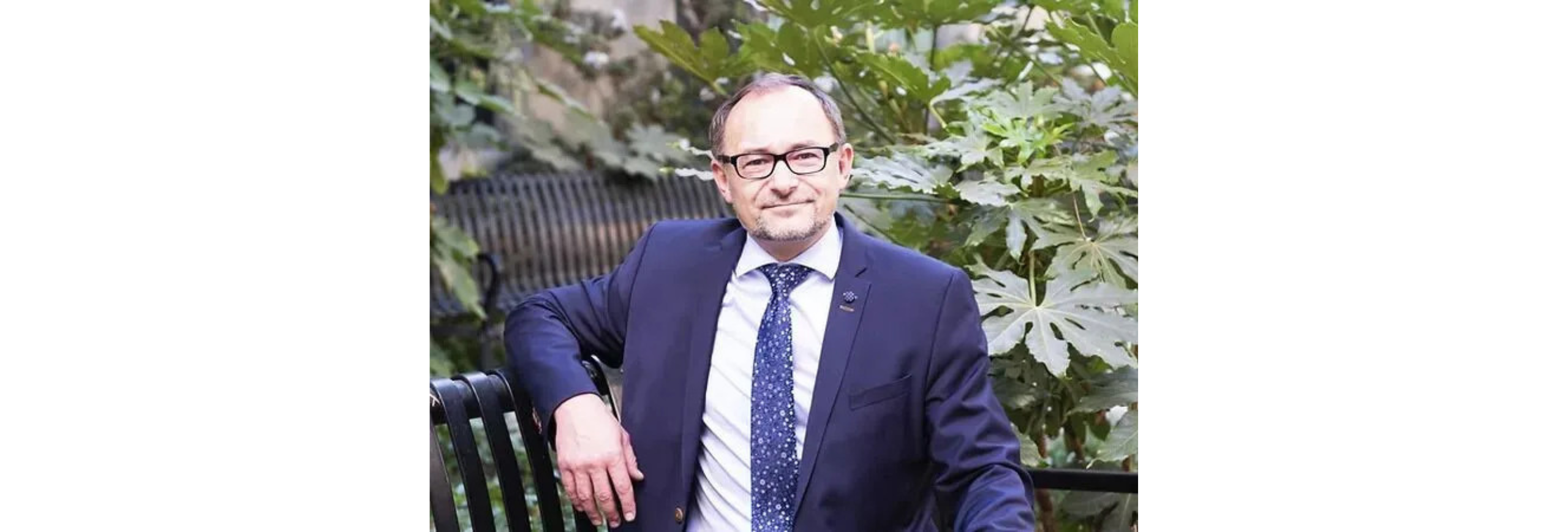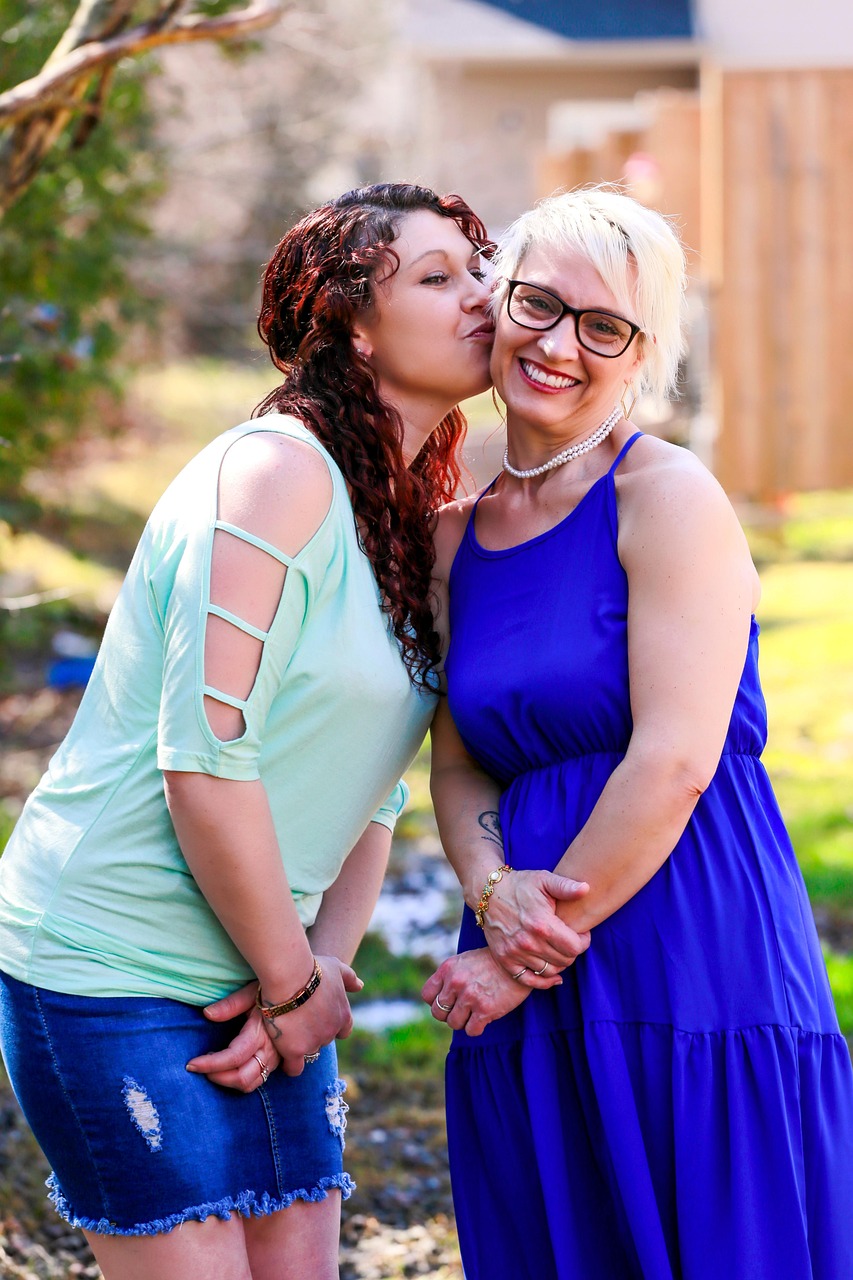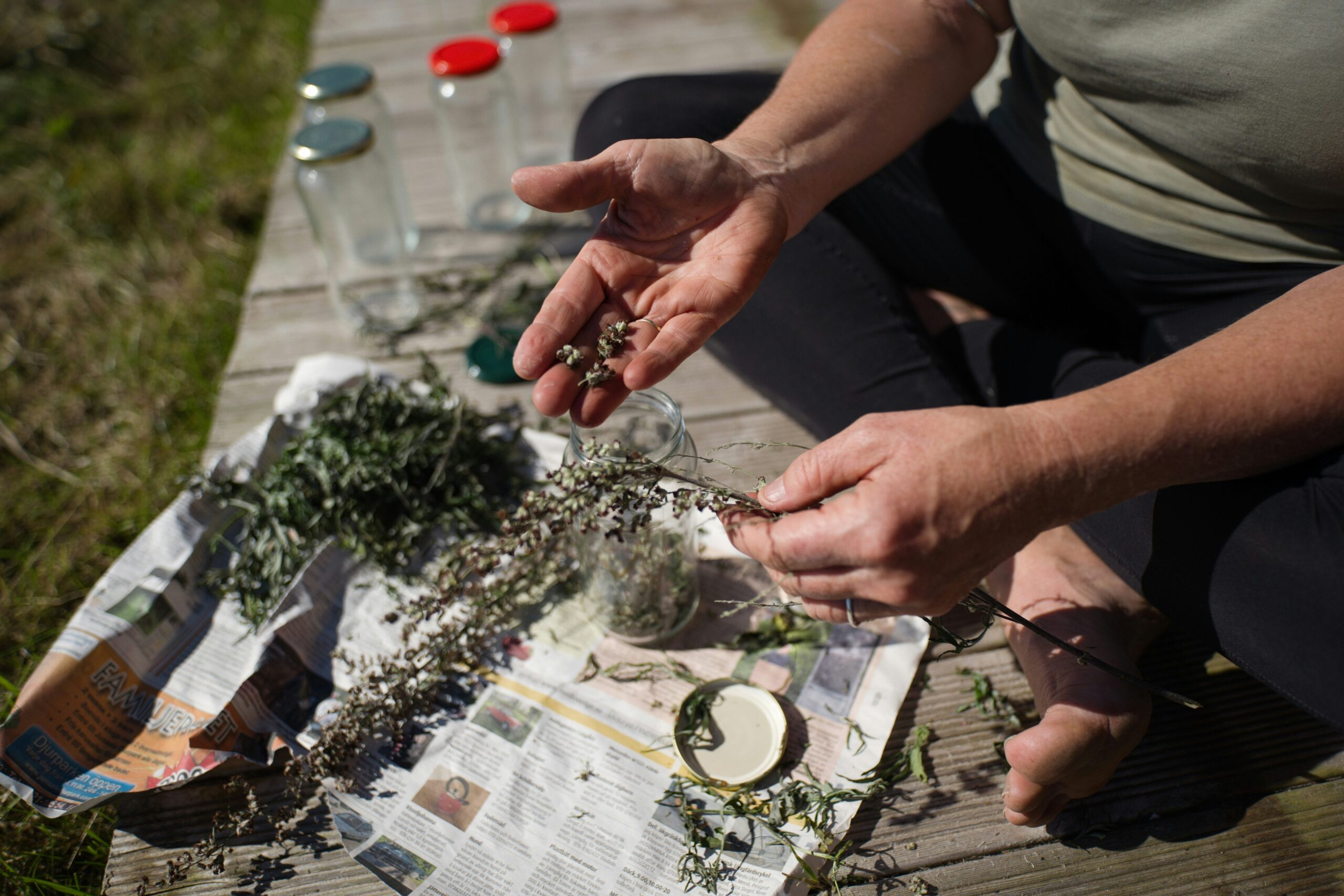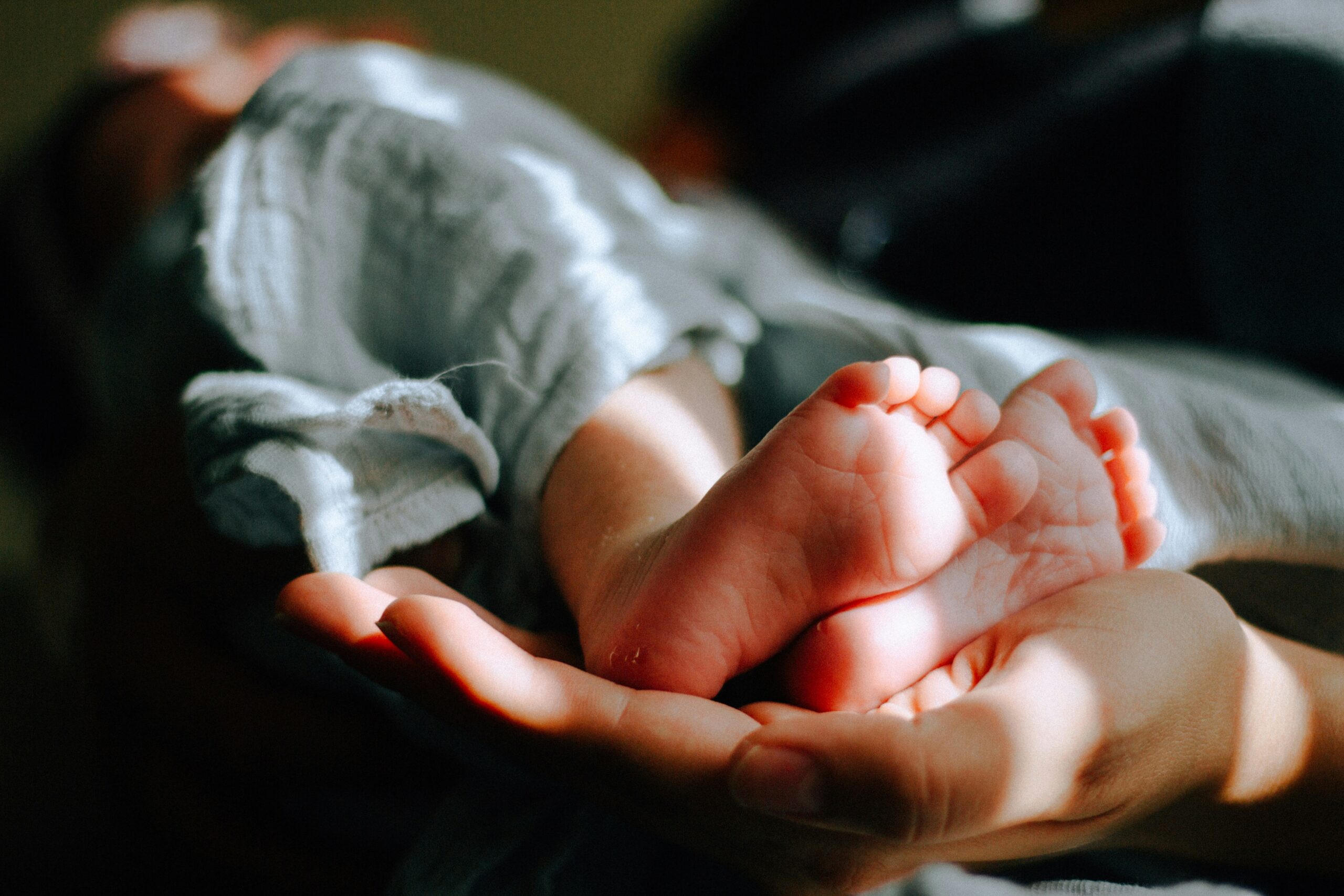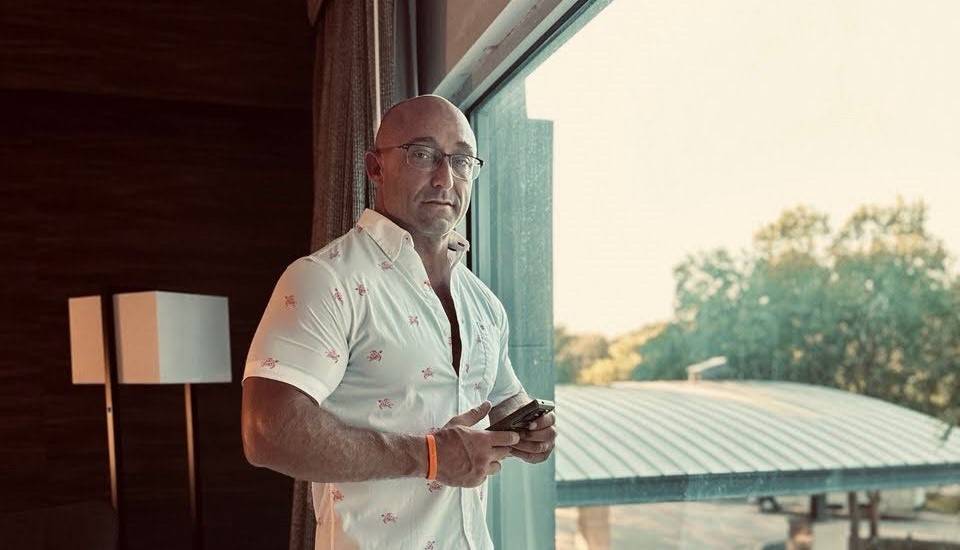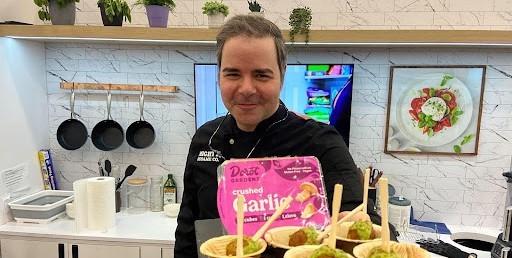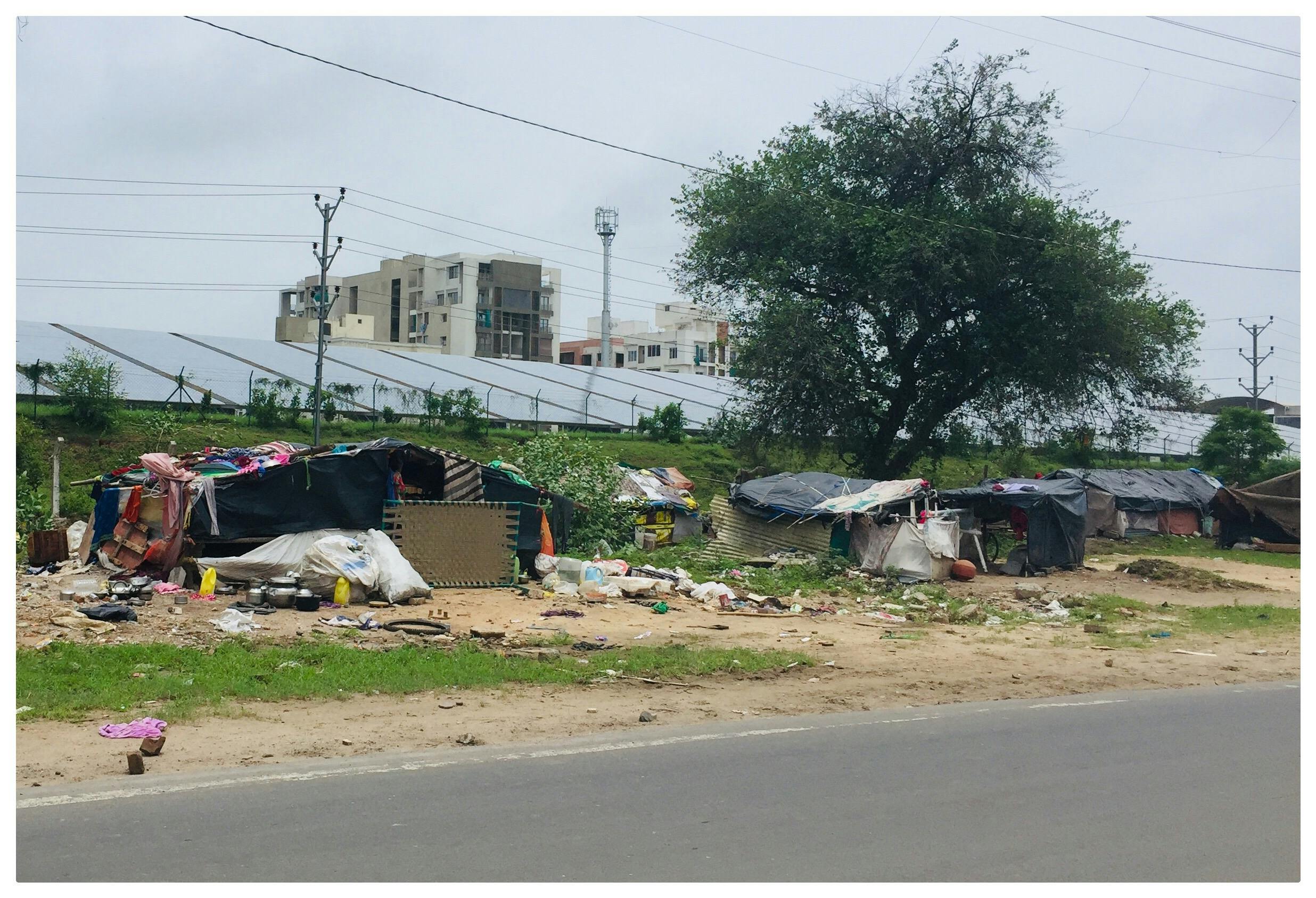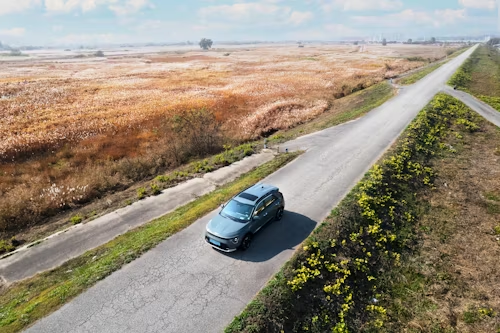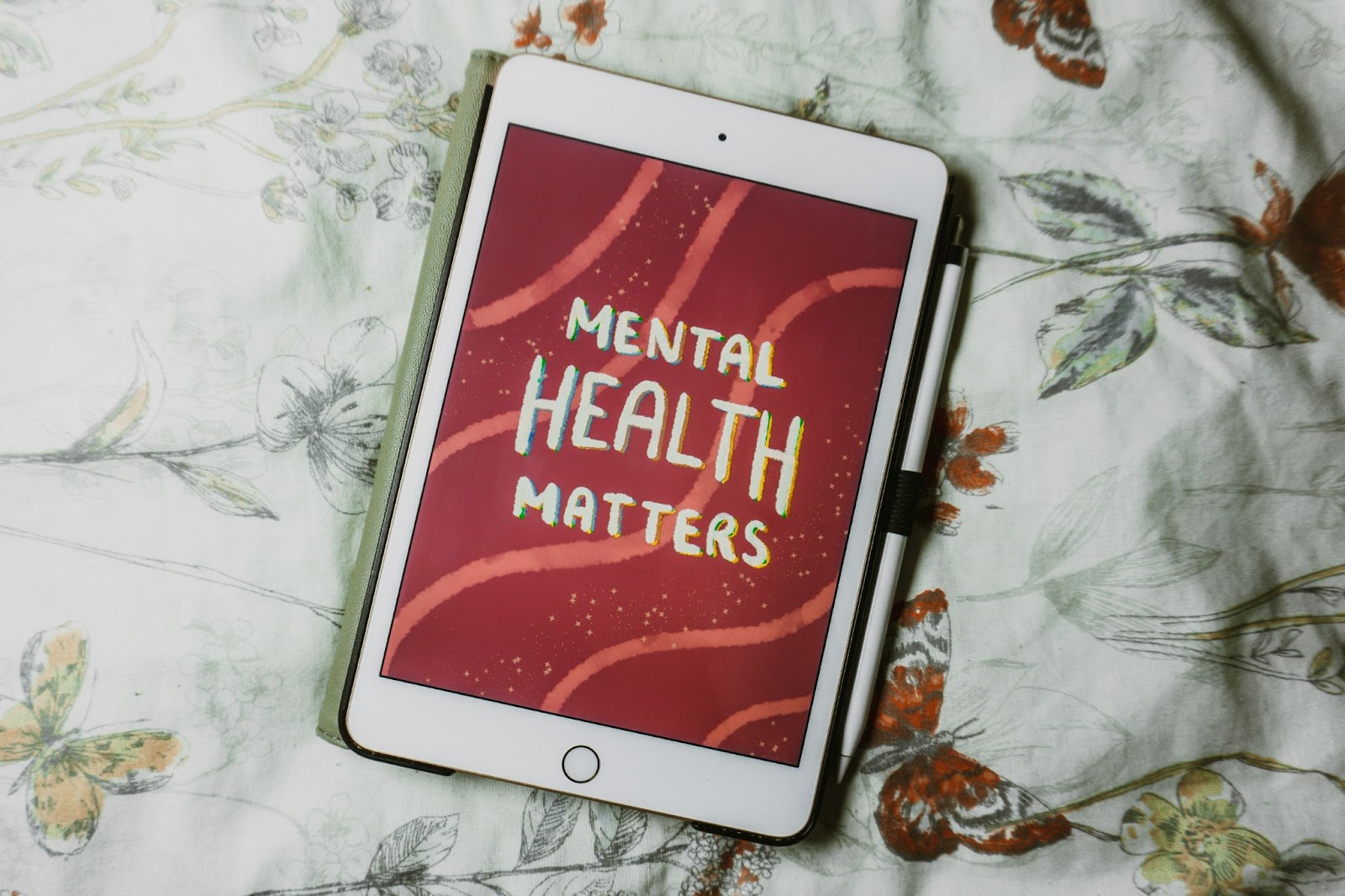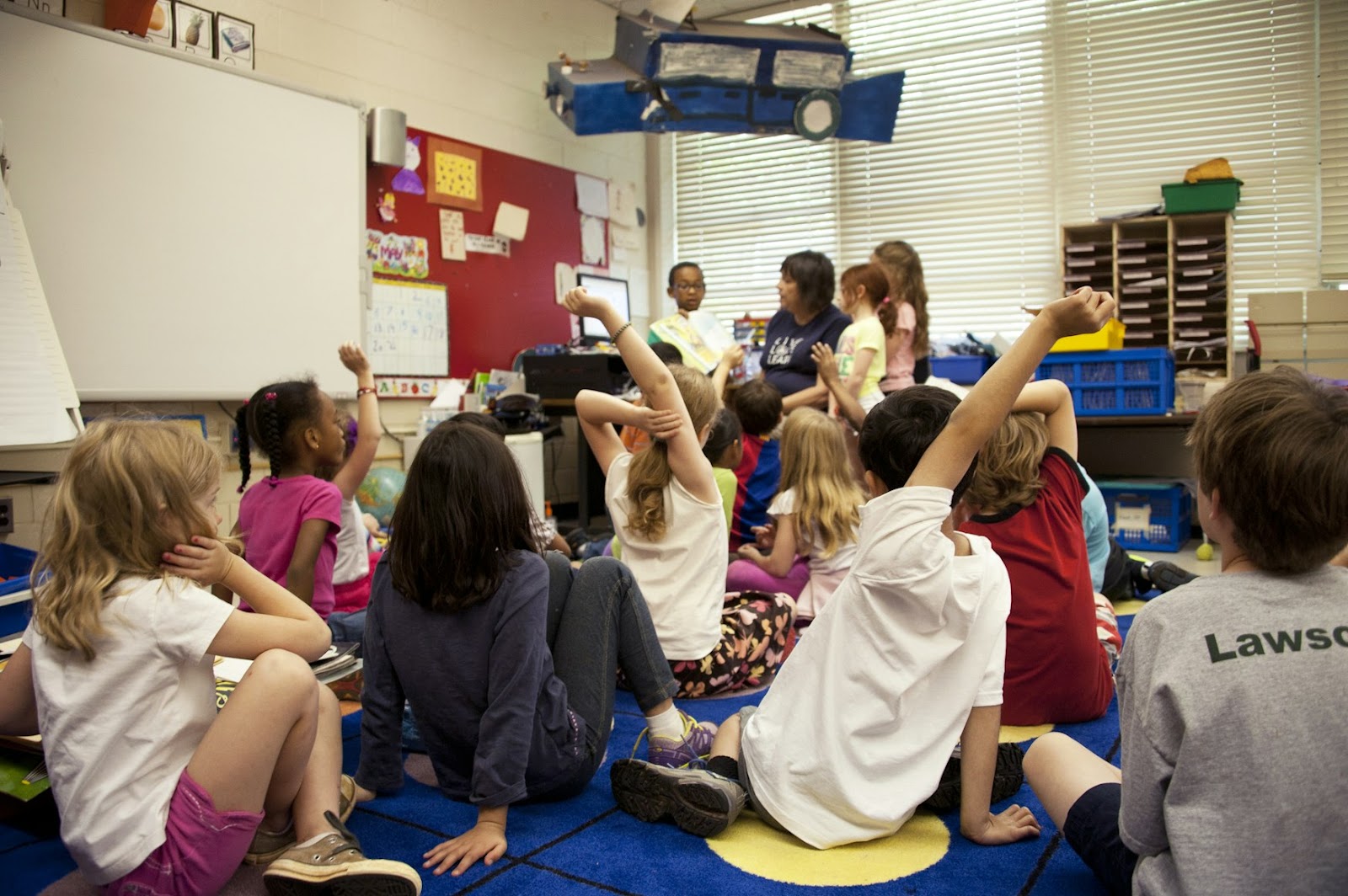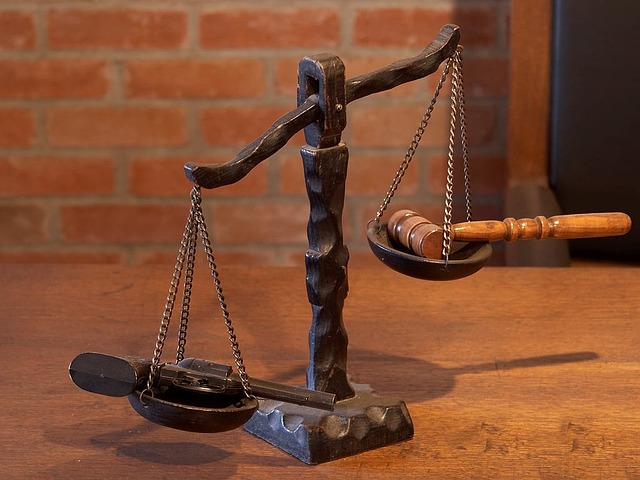California Governor Newsom’s Chief Deputy Cabinet Secretary, Ben Chida, candidly shared his tumultuous journey from a troubled adolescence to a pivotal role in shaping the state’s education policies. At 38, Chida, the architect behind several key initiatives, including $50 billion plans to overhaul public education, opened up about his ongoing battle with mental health issues.
Chida’s struggles began in high school, where he dropped out, battling self-hate and immersing himself in video games. His isolation led to unhealthy habits, but he eventually arose from that dark period. Today, as Governor Newsom’s chief deputy Cabinet secretary, Chida spearheads projects focused on reshaping education and providing a healthier foundation for children.
Despite his professional success, Chida acknowledges his ongoing mental health challenges, including daily thoughts of suicide since the age of 14. He openly discusses his struggles with stress, anxiety, and impatience, emphasizing the importance of seeking counseling for personal growth. Chida’s past serves as a roadmap for identifying flaws in the traditional education system. His devotion to addressing these issues through raw and honest conversations, rather than polite policy discussions, reflects his ability to make a meaningful and authentic impact on young lives.
Delivering a message to those grappling with self-hate, social isolation, and anxiety, Chida reassures them that they are not alone. He places responsibility on society for not providing adequate support and emphasizes the need for change. Governor Newsom acknowledges Chida’s profound impact on their work, praising his intellect and his analytical skills. Chida’s decision to share his personal struggles has prompted others on the team, including Newsom himself, to open up about their insecurities.
Chida’s childhood, marked by financial stress and domestic turmoil, played a significant role in shaping his resilience. As the youngest of three children in an immigrant family, he faced physical altercations and financial instability. His determination to escape these challenges fueled his early entrepreneurial ventures. Despite academic success, Chida’s mental health deteriorated during middle and high school, leading to his dropout. The collapse of his family and personal life drove him to express hatred online and entertain violent fantasies.
The pandemic-induced school closures, triggering a mental health crisis among teenagers, deeply affected Chida, bringing back painful memories of his own past challenges. His parents, unfamiliar with the U.S. educational system, struggled to understand and address his issues, highlighting the need for improved communication between schools and parents.
Chida’s turning point came when he enrolled in Coast High, an alternative school in Huntington Beach. The transformative influence of his teacher, Gerald McIntyre, reignited Chida’s desire for connection and ultimately led him to community college and later UC Berkeley. Inspired by McIntyre, Chida became a teacher in New York but shifted his focus to systemic changes to better serve students. His journey continued through Harvard Law School, federal clerkships, and joining Governor Newsom’s team in 2018.
Chida’s commitment to education reform includes advocating for universal preschool, after-school programs, and nutrition services, and creating promising career pathways for young people. He emphasizes the need for systemic support to touch all students, addressing mental health challenges among teenagers.
Despite ongoing challenges, including therapy and medication, Ben Chida remains dedicated to sharing his story to help others. His willingness to discuss mental health openly aims to combat toxic masculinity and offer a positive role model for young boys and beyond. Chida acknowledges the emotional toll of constantly revisiting trauma but remains devoted to healing and inspiring others to know they aren’t alone in their struggles.


